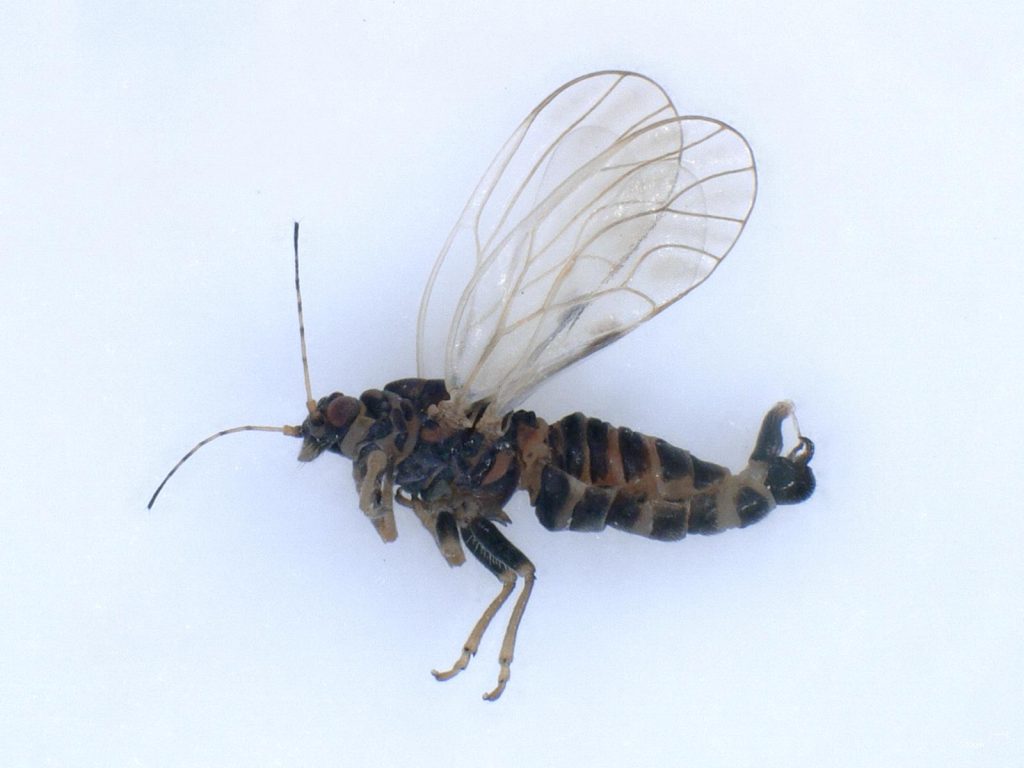Ecological assessment and improvement of high trunk orchards (BK09) from a phyto-sanitary perspective, focussing on psyllid-vectored phytoplasma pathogens and their pathways

Summary
High trunk orchards (“Bongerten”) are a national heritage and strictly protected open-land biotope (BK09) in Luxembourg. Local cultivars of apple, pear, plum, cherry and mirabelle are growing witnesses of fruit production in the last 600 years. They combine multiple functions like food production, living gene bank, recreation area and habitat for insects, birds and mammals which are of significant importance in ecosystem services and protected under national and European law. However, these orchards are in danger from several stressors. One of them are plant pathogens, among which a prominent place is occupied by phytoplasmas transmitted by insects belonging to Psylloidea, also known as “psyllids” or jumping plant lice (Insecta, Hemiptera). Phytoplasmas are widespread pathogens and responsible for numerous plant diseases like Pear Decline, Apple Proliferation and European Stone Fruit Yellows. The pathogens can cause severe and economically important damages to fruit trees as obligate intracellular parasites of plant phloem tissues. All mobile stages of psyllids (nymphs and adults) can feed on the phloem sieve elements from which phytoplasmas will be taken up by the vector when ingesting plant sap, making it infectious for its entire life.
So far, no data-sets are available for Luxembourg concerning the distribution of phytoplasma infections in orchards, while many of their vectors were recently detected in a scientific, country-wide assessment. However, the role that these vectors play, and even the epidemiology of the phytoplasmas they transmit, remain unclear in the context of Luxembourg’s agriculture. According to what is known from neighboring countries, we hypothesize that these pathosystems are present in unmanaged orchards in Luxembourg and may be already established in traditional meadow orchards as well as in dwarf-tree orchards for commercial fruit and cider production. As vector insect control is rare in non-commercial orchards, they often become a continuous source of inoculum and lead to a number of pesticide applications in commercial orchards. Here we will provide the first assessment of the distribution of phytoplasmas and their psyllid vectors in national orchards.
Project status
- Proposal accepted by the Ministre de l’Environnement, du Climat et de la Biodiversité in the context of the funding line Appel à projets « Structures 2023 ». Duration: 21 months (04/2024-12/2025).
- Host institution: Fondation faune-flore @ Centre de recherche scientifique, Musée national d’histoire naturelle.
- Partners: MECB, LIST
Funding
With financial support from the Fonds pour la protection de l’environnement
Contact
- Alexander Weigand, Department of Zoology
phone: (+352) 462240 212
alexander.weigand@mnhn.lu
National Museum of Natural History (MNHNL)
Research center
Life science department
25, rue Münster
L-2160 Luxembourg
Publications
- Weigand A, Rapisarda C, Kharrat‐Jarboui I, & Ripamonti M (2025). First detection of apple proliferation and pear decline phytoplasmas in Luxembourg. EPPO Bulletin. https://doi.org/10.1111/epp.70004